A recent study conducted by Supra Research and Development found many cannabis flower packages being sold in British Columbia had inaccurately high THC percentages on their labels.
On March 4, the company’s CEO Rob O’Brien said via Twitter that 93 per cent of the products the company tested in the province had over 15 per cent less THC than what was advertised on the package.
Inaccurately labelled cannabis has become a concerning trend in other Canadian provinces as well, and one Twitter user has claimed that pot sold in the Ontario Cannabis Store had 44 per cent less THC than advertised after getting it independently tested by the Toronto company Vivariant Laboratories.
My team Supra Research and Development conducted a study on products in BC Cannabis stores. 93% of the 46 products we tested were more than 15% less than label claim. For 1g packages it was worse. We tested 4 sets of 5 with same lot #, below is that data. pic.twitter.com/QIECiwiph5
— Rob O'Brien (@SupraResearch) March 4, 2023
‘THC inflation’ a pervasive issue nationally
O’Brien says that Supra and Vivariant are the best places to get cannabis independently tested as they both hold ISO 17025 accreditation. This means that the labs have met a certain standard of credibility established by laboratory experts from around the globe.
“I have heard from a number of cannabis testing labs that are extremely frustrated about the current issue of ‘THC inflation’ in the Canadian marketplace,” O’Brien said via LinkedIn on Friday.
“Regardless of what has caused this current crisis, I believe that the path to a solution is to have more in-store products tested to determine if they meet label claims and if they do not, then use the existing regulatory framework to get this issue corrected.”

High THC cannabis flower. Photo via BC Cannabis Stores
Read more: Xebra gets permit from Mexican health authority COFEPRIS to grow and commercialize low-THC cannabis
Read more: SciSparc conducts CBD oil clinical trial for children with autism
North 40’s president finds ‘ugly’ results as well
In an interview with Mugglehead, the owner and President of North 40 Cannabis Gordon Nichol said he discovered “really ugly” results from 33 cannabis products he had tested that were obtained from retail outlets throughout Ontario and the Canadian Prairies.
Out of 33 cannabis samples from different companies, only seven passed the THC labeling accuracy test by the lab Nichol used. Those seven companies are Joi Botanicals, Aurora Cannabis Inc. (NASDAQ: ACB) (TSX: ACB)’s San Rafael ’71, Lot420, Tribal Cannabis, Highland Cannabis, Carmel Cannabis, and North 40.
Currently, he is unwilling to disclose the list of major brands that his unnamed lab found to have products in stores with up to 98 per cent less THC than advertised because he does not want it to appear that he is trying to promote his own company.
Can we have a real conversation about this before any credibility our industry has is destroyed? It's not just the high THC flower, it's around 70% of all flower. Where are our regulatory fees going if not to ensuring that customers are getting what they are paying for? https://t.co/6NalRyhosq
— North 40 Cannabis (@40Cannabis) March 10, 2023
Read more: Greenway receives Health Canada approval for its expanded cultivation space
Read more: Delta 9 Cannabis completes first international pot shipment to Australia
‘Rogue labs’ are partially to blame for the inaccuracy says Nichol
He says one bag he had tested from a major cannabis supplier only had a 19 per cent concentration of THC when the package claimed it had 38 per cent, and that’s just one example.
According to Nichol, one unnamed lab in Quebec is a major part of the problem along with other “rogue labs” giving inaccurate results and the distributors and buyers are also partially to blame for this.
He says North 40 has been losing business because of these companies falsely advertising greater THC content in their goods than there actually is.
Nichol says he is aware that others have been independently testing these products as well and expects the information will be released from other sources in the coming days.
“We need enforcement from Health Canada and Industry Canada (now Innovation, Science and Economic Development Canada),” says Nichol.
rowan@mugglehead.com







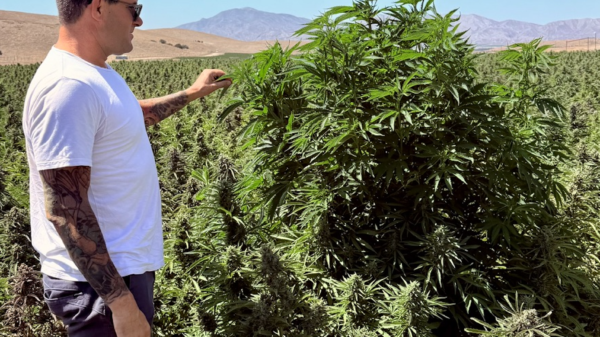
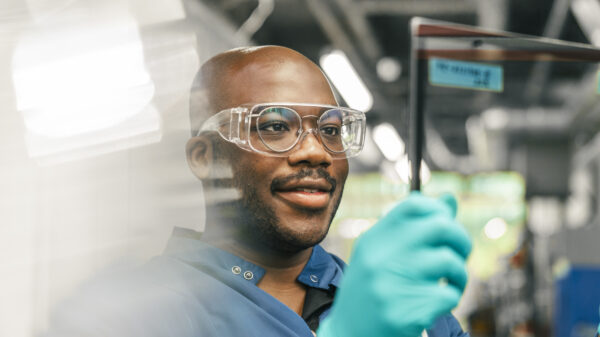

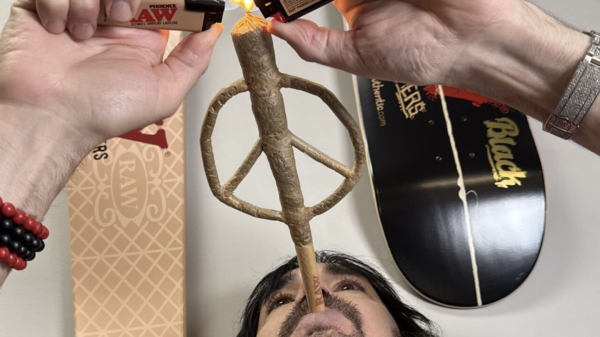
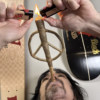
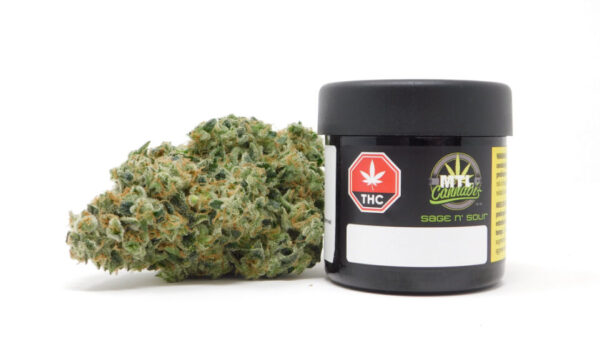
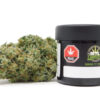
Than
March 15, 2024 at 2:37 pm
Whoomp there it is:
one unnamed lab in Quebec is a major part of the problem along with other “rogue labs” giving inaccurate results
Than
March 15, 2024 at 2:39 pm
https://ca.indeed.com/q-high-north-laboratories-l-vaughan,-on-jobs.html?aceid=&gad_source=1&gclid=CjwKCAjw48-vBhBbEiwAzqrZVKV5zLgo8Zjh_1URdU3WGaX9FZ0xq-FyU1ekyRP7Tv8moGSSy-1f8xoC8PsQAvD_BwE&gclsrc=aw.ds&vjk=815006c5a0ff00f9